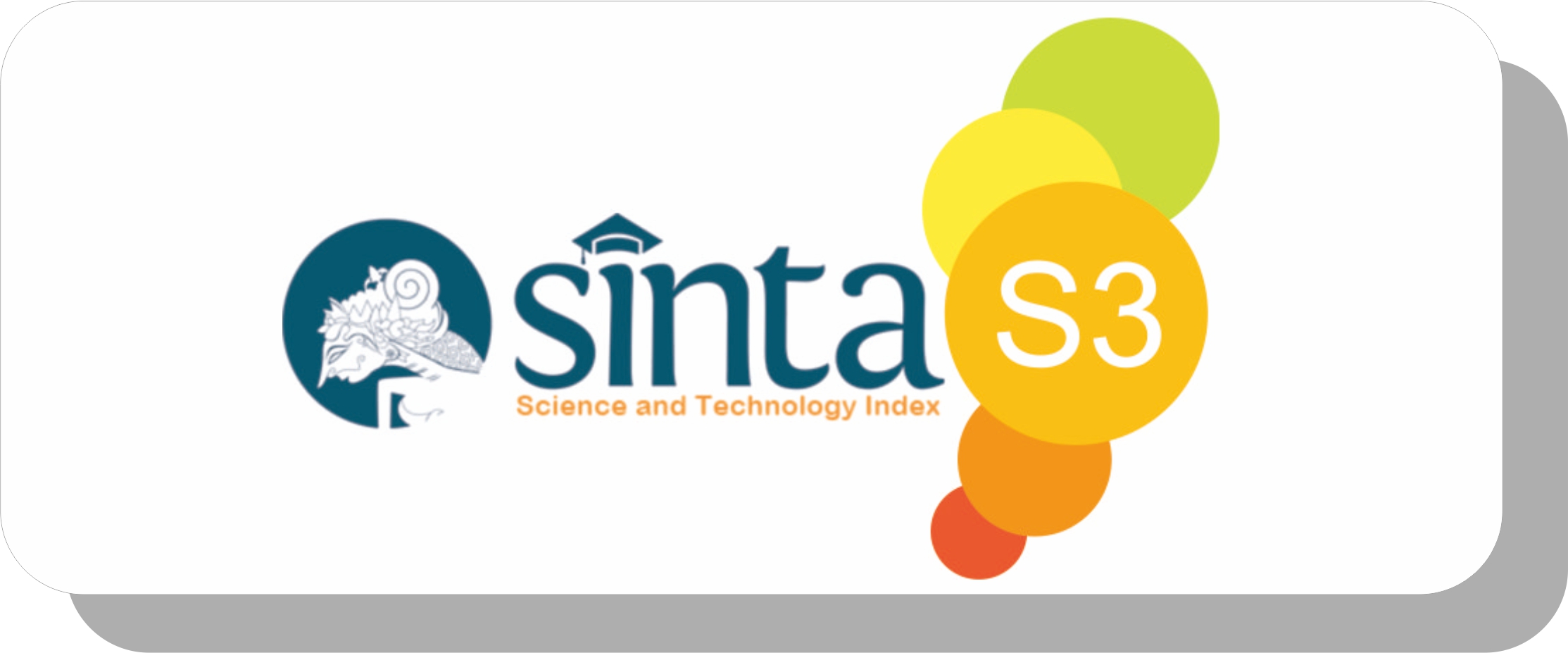Lee Myung Bak’s Choice on Sunshine Policy: South Korean National Interests and North Korean Threat
DOI:
https://doi.org/10.22219/sospol.v4i2.5867Keywords:
Foreign Policy Decision Making, Korea, Lee Myung-Bak, National Interest, Sunshine PolicyAbstract
Sunshine Policy that had been implemented by South Korean Government on Kim Dae-Jung and Roh Moo-Hyeon’s administration from 1998-2008. This policy started to do cooperative behavior for treating North Korea as a partner, not contrarily, yet the Sunshine Policy was considered as a failure by Lee Myung-Bak’s administration, thereupon stopped offhandedly despite recent cultural and cooperative diplomacy that had been done by his successor President Moon Jae-In. Then Why the South Korean government at the time of President Lee Myung-Bak stopped the Sunshine Policy offhand? In the scheme of National Interest idea, North Korea still a predominant threat that very paramount for South Korean national interest, even an accommodative and cooperative policy like Sunshine Policy could not emphasize South Korean national interests. This paper also tries to analyze the issue with explaining foreign policy decision making factors, such as the domestic and external factor, decision environment, and psychology factor of President Lee Myung-Bak at that time.
Downloads
References
Bonhak, Koo and Changhee Nam. 2001. South Korea's Sunshine Policy and the Inter-Korean Security Relations, Korean Journal of Defense Analysis, 13:1, 79-101, DOI: 10.1080/10163270109464002
Chosun Ilbo, 2007. A Brief Biography of President-Elect Lee Myung-bak. Retrieved from http://english.chosun.com/site/data/html_dir/2007/12/20/2007122061017.html pada 30 April 2018
Chung-In, Moon, 2012. The Sunshine Policy: In Defense of Engagement as a Path to Peace in Korea. Seoul: Yonsei University Press
Eunsook, Yang, 2008. South Korean Government Under The Former Ceo, President Lee Myung-Bak. Madrid: UNISCI
Foster-Carter, Aidan. 2008. Sunset for Korean Sunshine Policy? Diakses melalui http://news.bbc.co.uk/2/hi/asia-pacific/7317086.stm pada 24 April 2018
Fuqua Jr, Jacques L. 2011. Korean Unification: Inevitable Challenges. Washington, D.C.: Potomac Books
Gelézeau, V. 2013. De-Bordering Korea. doi: 10.4324/9780203084571
The Guardian. 2018. North Korea claims first nuclear test. Retrieved from https://www.theguardian.com/world/2006/oct/09/northkorea
H. Paik, 2002. “Assessment of the Sunshine Policy: A Korean Perspective” dalam Asian Perspectives. 26:3, 72
Hogarth, H. 2012. South Korea’s Sunshine Policy, Reciprocity and Nationhood. Perspectives On Global Development And Technology, 11(1), 99-111. doi: 10.1163/156914912x620761
Inhan Kim. 2017. No More Sunshine: The Limits of Engagement with North Korea, The Washington Quarterly, 40:4, 165-181, DOI: 10.1080/0163660X.2017.1406716
Kim, S. (2017). A Timeline of North Korea’s Missile Launches and Nuclear Detonations. Retrieved from https://www.bloomberg.com/news/articles/2017-04-16/north-korea-missile-launches-nuclear-detonations-timeline
Mintz, Alex dan Karl DeRouen Jr., 2010. Understanding Foreign Policy Decision Making, Cambridge: Cambridge University Press
Morgenthau, Hans J., 1952. Another “Great Debate”: The National Interest of The United States, dalam The American Political Science Review, Vol. 46, No. 4 (Dec. 1952), pp. 961-988
Nobel Organization. 2000. Kim Dae-jung – Facts, Retrieved from
https://www.nobelprize.org/nobel_prizes/peace/laureates/2000/dae-jungfacts.html
Popeski, R. 2018. Sunshine Policy failed to change North Korea: report. Retrieved from https://www.reuters.com/article/us-korea-north-sunshine/sunshine-policy-failed-to-change-north-korea-report-idUSTRE6AH12520101118
Republic of Korea’s Ministry of National Unification, 2010. White Paper. Seoul: Republic of Korea’s Ministry of National Unification
Snyder, S. and S.-W. Byun. 2002. "Cheonan and Yeonpyeong: The Northeast Asian Response to North Korea's Provocations," RUSI J. 156, No. 2, 74
Snyder, S. 2009. Lee Myung-baks foreign policy: A 250-day assessment. Korean Journal of Defense Analysis, 21(1), 85-102. doi:10.1080/10163270902745711
Soon, Key-young, 2006, South Korean engagement policies and North Korea: identities, norms and the sunshine policy, London: Routledge
Suk, A. M. 2006. The Big Influence of a Small State: The Perry Process and the Influence of the Kim Dae-jung Government. The Korean Journal of International Studies. doi:10.14731/kjis.2006.12.46.5.37
The Editors of Encyclopedia Britannica, 2018, Retrieved from https://www.britannica.com/biography/Lee-Myung-Bak pada 30 April 2018
VOA, 2010, South Korea Formally Declares End to Sunshine Policy, Retrieved from https://www.voanews.com/a/south-korea-formally-declares-end-to-sunshine-policy--108904544/130750.html
Downloads
Published
How to Cite
Issue
Section
License
Authors who publish with this journal agree to the following terms:
- Authors retain copyright and grant the journal right of first publication with the work simultaneously licensed under a Creative Commons Attribution-ShareAlike 4.0 International License that allows others to share the work with an acknowledgement of the work's authorship and initial publication in this journal.
- Authors are able to enter into separate, additional contractual arrangements for the non-exclusive distribution of the journal's published version of the work (e.g., post it to an institutional repository or publish it in a book), with an acknowledgement of its initial publication in this journal.
- Authors are permitted and encouraged to post their work online (e.g., in institutional repositories or on their website) prior to and during the submission process, as it can lead to productive exchanges, as well as earlier and greater citation of published work (See The Effect of Open Access).

This work is licensed under a Creative Commons Attribution-ShareAlike 4.0 International License.



















